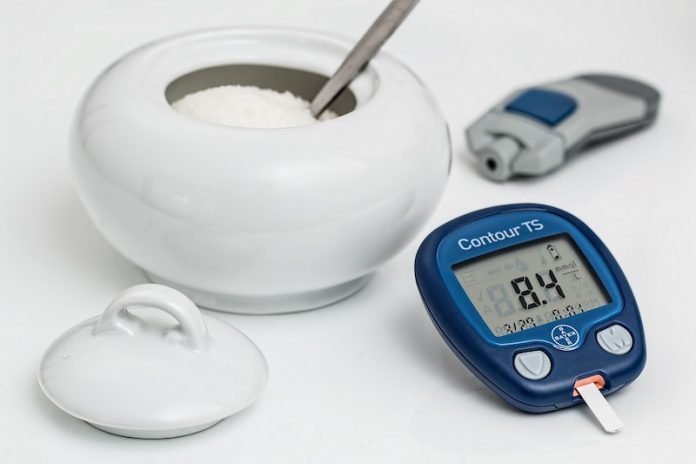
In a recent study, researchers found that sugar replacements can cause health changes that are linked to diabetes and obesity.
The finding suggests that switching from regular to diet soda may be a case of ‘out of the frying pan, into the fire.’
The research was conducted by a team from the Medical College of Wisconsin and Marquette University.
It is known that eating too much sugar can contribute to many health problems. This awareness has fueled a dramatic uptick in the consumption of zero-calorie artificial sweeteners.
Artificial sweeteners are one of the most common food additives worldwide, frequently consumed in the diet and zero-calorie sodas and other products.
Previous studies have linked artificial sweeteners with bad health outcomes, but the real harmful effects on the body have been unclear.
In the new study, the team focuses on the biochemical changes in the body after consumption of sugar or sugar substitutes.
They also looked at impacts on vascular health by studying how the substances affect the lining of blood vessels. The studies were conducted in rats and cell cultures.
The team fed rats diets high in glucose or fructose (kinds of sugar), or aspartame or acesulfame potassium (common zero-calorie artificial sweeteners).
After three weeks, they saw significant differences in the concentrations of biochemicals, fats and amino acids in blood samples.
This suggests artificial sweeteners change how the body processes fat and gets its energy.
In addition, the team found acesulfame potassium seemed to accumulate in the blood, with higher concentrations having a more harmful effect on the cells that line blood vessels.
The researchers say that both sugar and artificial sweeteners seem to exhibit negative health effects linked to obesity and diabetes, but the mechanisms are different.
Replacing these sugars with non-caloric artificial sweeteners leads to negative changes in fat and energy metabolism.
People who chronically consume artificial sweetness and sugar are more likely to have negative health outcomes.
The researchers suggest that moderation is the key if they find it hard to completely cut sugar or sweeteners out of their diet.
The lead author Brian Hoffmann, PhD, assistant professor in the department of biomedical engineering.
Copyright © 2019 Knowridge Science Report. All rights reserved.



